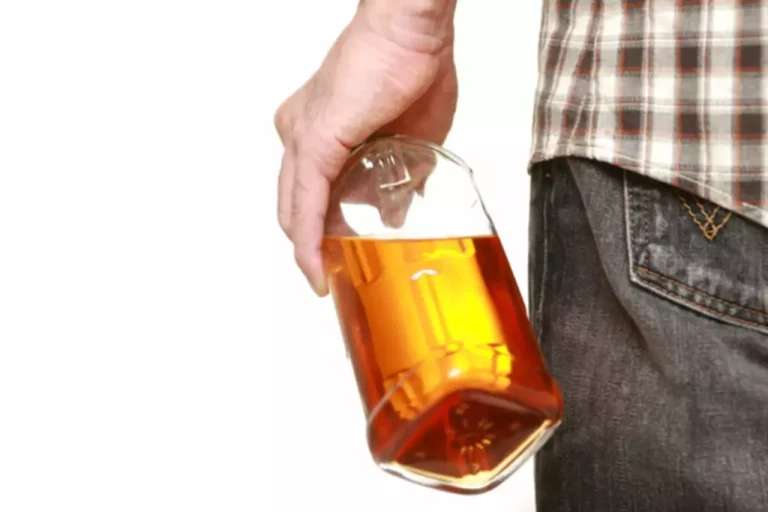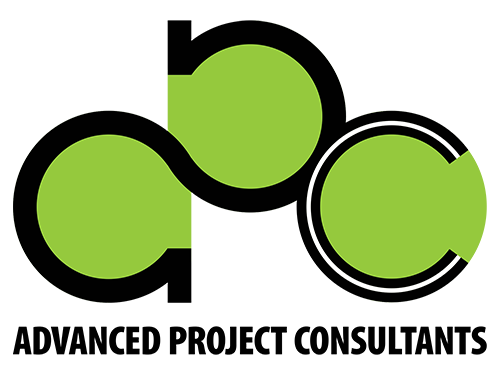
During hot weather, they may begin to experience nausea and dizziness with dehydration in addition to sweating. So the next time you’re tempted to reach for that polyester shirt, think twice. Instead, try Thompson Tee’s sweat proof undershirts, made with 100% cotton and absorbent, patented Hydro-Shield technology to keep you cool and collected all day. Stress, anxiety and embarrassment can also release hormones that make you sweat.
Are you dissatisfied with your current antiperspirant or deodorant product(s)?

Menopause is a universal experience for all women who have a menstrual cycle. As if years of dealing with a period weren’t stressful enough, menopause brings its own batch of bodily changes and experiences. Some of the most notorious symptoms that menopause causes are hot flashes, night sweats, and excessive sweating. These symptoms can be difficult to deal with for some and downright debilitating for others. If you or someone you love is struggling to deal with these specific symptoms then read on to learn these crucial facts about menopause and sweating.
Alcohol withdrawal
If you notice any of these symptoms in yourself or someone else, call 911 immediately. A small amount of alcohol is broken down in your stomach lining, but your liver metabolizes most of it. Most of the alcohol you consume is broken down into byproducts through metabolism within your body. Night sweats are one of the many signals that we’re drinking too much.

The Truth About Alcohol and Body Temperature
- A rise in metabolic rate can increase your body temperature, leading to sweating.
- Alcohol intolerance can significantly impact the quality of life, causing discomfort and distressing symptoms like night sweats.
- In other words, sweating while drinking can actually be somewhat dangerous in winter.
- When you consume a lot of alcohol, your body struggles to break it down efficiently, and some leftover ethanol ends up in your sweat and urine.
Every person will have a unique experience when going through alcohol withdrawal. The symptoms you experience, the severity and the risk they pose to you will depend on your personal history and your physical and mental health. There are numerous reasons why you may experience night sweats, such as going through menopause, having low blood sugar, or even suffering with a fever. In addition, certain medications, including why does beer make me sweat antidepressants and steroids, can also cause night sweats. If you’re waking up in the middle of the night covered in sweat, you’ve experienced night sweats.
Two specific concerns related to alcohol-induced night sweats are delirium tremens (DT) and alcohol intolerance. Women approaching menopause often have hot flashes throughout the day, and some will even have hot flashes or night sweats while they sleep. Although an exact cause of why women have hot flashes is unknown, Harvard Health drug addiction treatment Publishing says some theories suggest that a drop in the body’s level of estrogen could be to blame. This drop affects the hypothalamus, a part of the brain that regulates temperature. Waking up after a night of over-indulging in your favorite cocktails or pints of beer may result in hangover hot flashes, among other unpleasant side effects. In fact, the Cleveland Clinic lists sweating as one of the more common symptoms of a hangover.
- Caffeine stimulates the central nervous system, which triggers your sweat glands.
- You’ll also have the opportunity to connect with our licensed Reframe coaches for more personalized guidance.
- Interrupted sleep like this is hardly restful, and it can be dangerous.
- Sweating usually starts within 6 to 48 hours after the last drink, depending on the person’s tolerance level for alcohol.
Ria Health offers several FDA-approved medications for alcohol use disorder. When combined with counseling, this approach is proven highly effective. Due to the hangover inducing a fight-or-flight response, hot flashes may occur while you are drunk and feeling hungover.
Alcohol Withdrawal & Night Sweats
- This also triggers the sweat glands to produce sweat which further decreases body temperature.
- These symptoms can be difficult to deal with for some and downright debilitating for others.
- Take the first step towards a brighter, alcohol-free future with Zinnia Health today.
- This can be especially pertinent for football players as performance anxiety prior to games can make sweating worse which can, in turn, affect performance.
- When alcohol stimulates the hypothalamus, you might get sweaty (and ready to chug a gallon of water while scarfing nachos).
Among the various symptoms of alcohol withdrawal, night sweats are notably common and can be particularly distressing. By prioritizing hydration and practicing alcohol moderation, you can minimize the occurrence of night sweats related to alcohol consumption. Dilated blood vessels cause the skin to feel warm and flushed, which can trigger the release of sweat. However, as many people drink alcohol in the evening, night sweats are common. Drinking alcohol can cause some people to feel hot and may lead to night sweats. This occurs when alcohol affects the nervous system and how the body regulates and senses body temperature, blood pressure, and heart activity.

Understanding Alcohol’s Effects
Since alcohol disrupts your body’s temperature regulation, it can also cause further sweating as the night goes on. While many people naturally experience a body temperature drop overnight as they sleep, studies show alcohol might actually block this natural cycle when one is intoxicated. This can contribute to alcohol-related insomnia, and be especially bothersome for women during menopause. Excessive sweating can be an unpleasant side effect of consuming alcohol. Typically this occurs when alcohol accumulates in the body, as the liver can only process around one drink per hour. Between 10% and 60% of adults experience night sweats, or the sensation of sweating during sleep or at night.1 For some, a condition like menopause, low blood sugar or HIV is to blame.
General Health
Aayushi Gupta is a health writer with a special interest in trends related to diet, fitness, beauty and intimate health. With around 2 years of experience in the wellness industry, she is connected to leading experts and doctors to provide our readers with factually https://ecosoberhouse.com/ correct information. Discover the benefits, support, and triumphs on your journey to seek joy and sobriety.
What Happens if You Drink While on Antabuse?
- Our science-backed approach boasts 95% of patients reporting no withdrawal symptoms at 7 days.
- The effect is more pronounced when alcohol is consumed in substantial amounts or over a short period, commonly referred to as binge drinking.
Certain medications like antidepressants can cause night sweats as well. For many people, night sweats may have links to their alcohol consumption for a particular occasion. Duration of symptoms can vary depending on the amount of alcohol a person has consumed, the rate at which their body processes alcohol, and their overall health. If you’re struggling with alcohol dependency and need assistance, don’t hesitate to reach out for help. Their compassionate team is dedicated to providing the care and tools necessary for lasting recovery. Contact Wellness Retreat Recovery to start your path toward a healthier, sober life.
